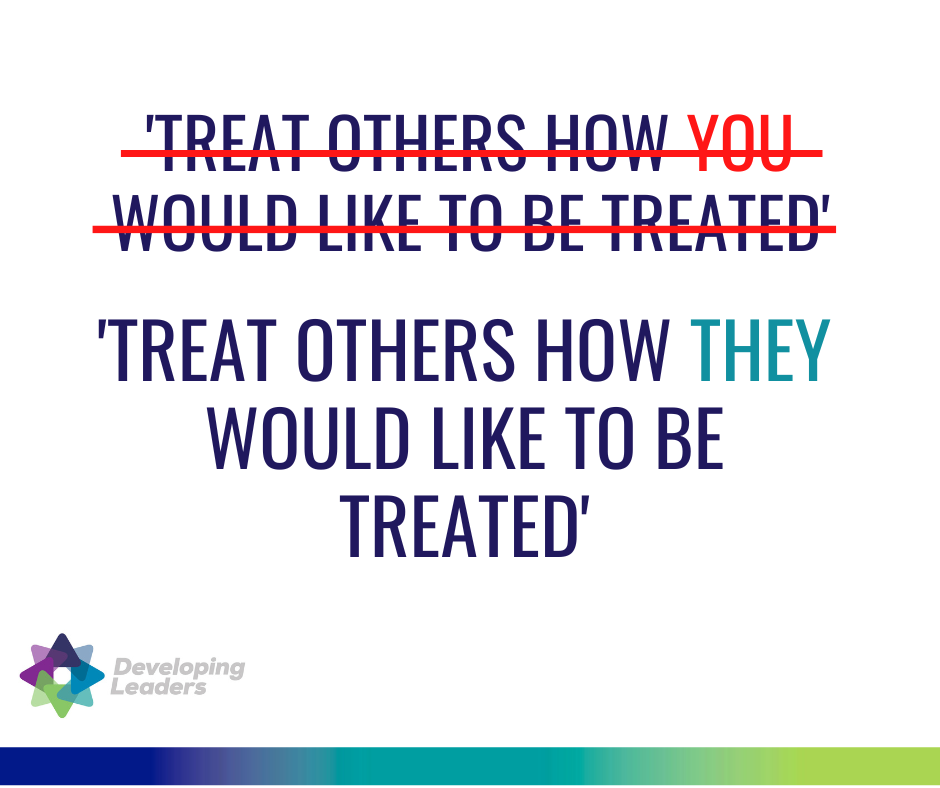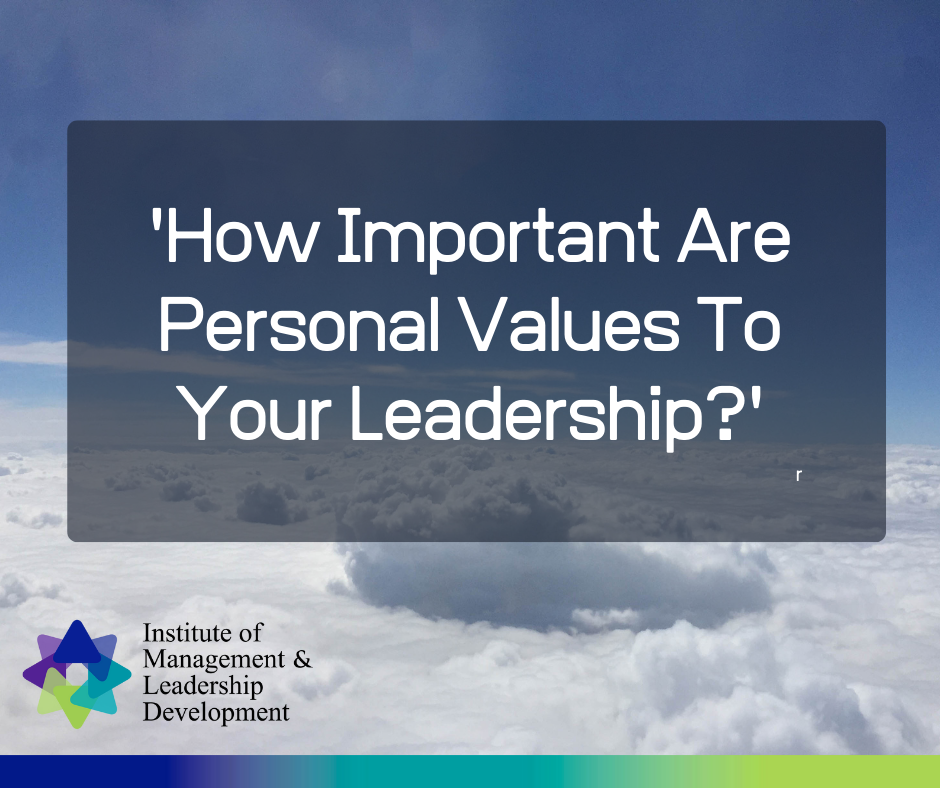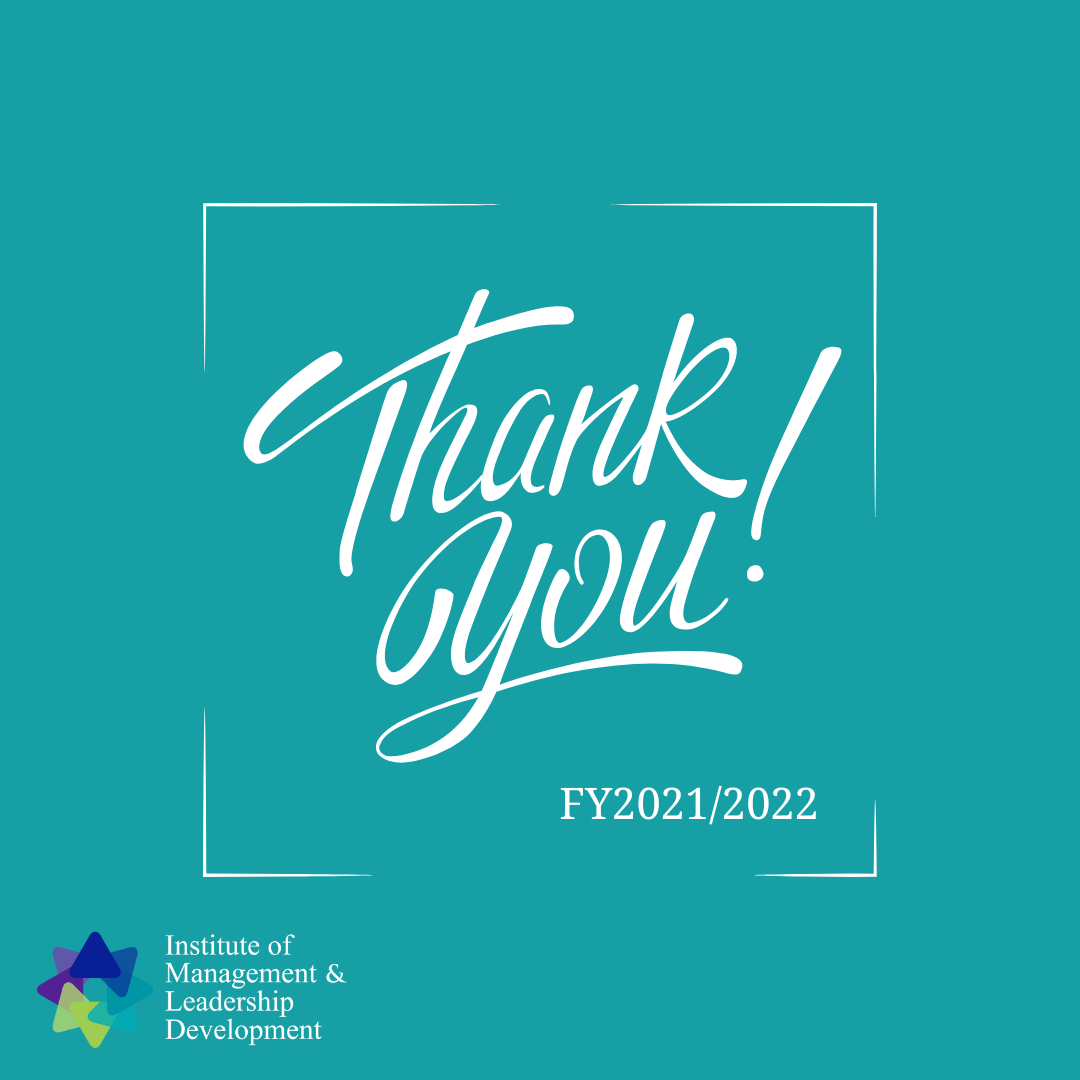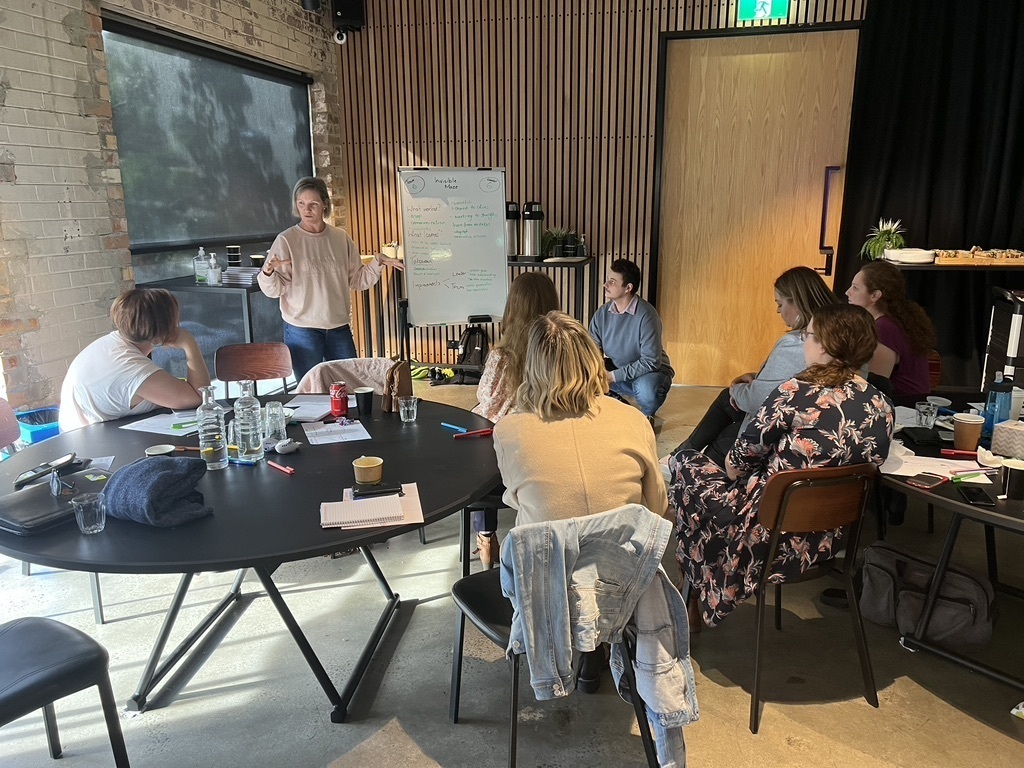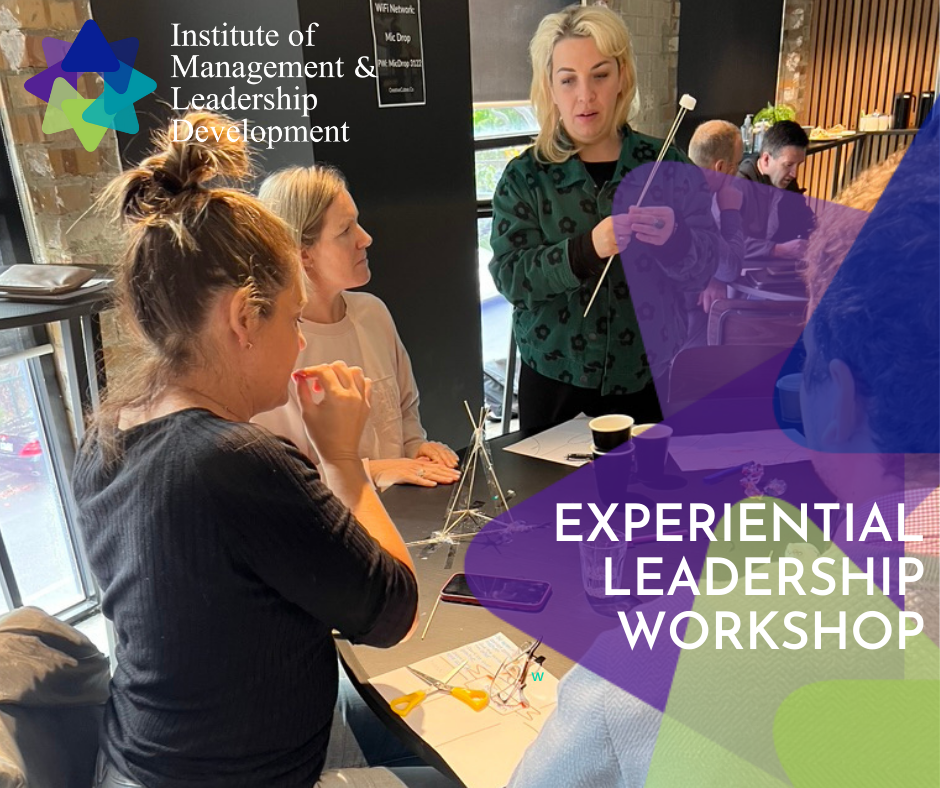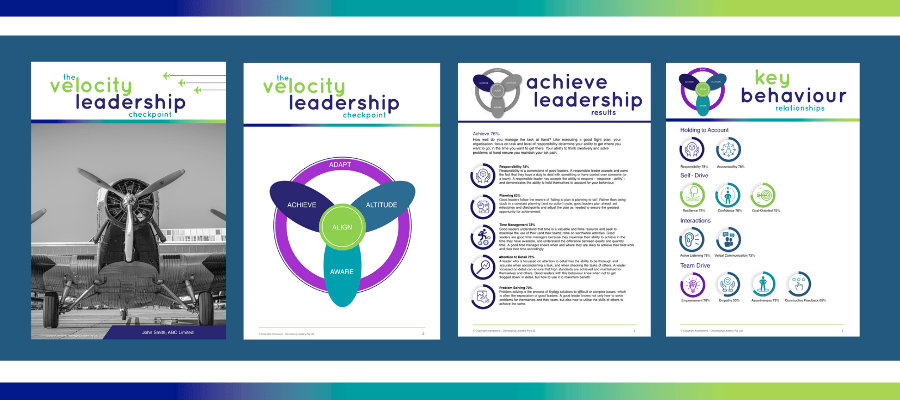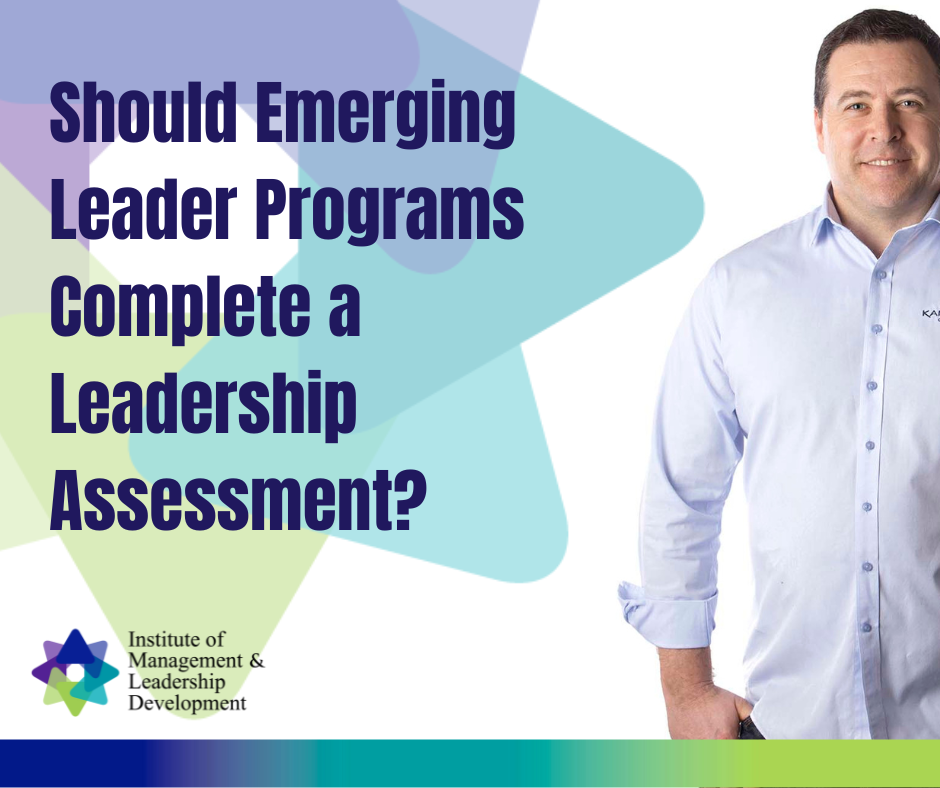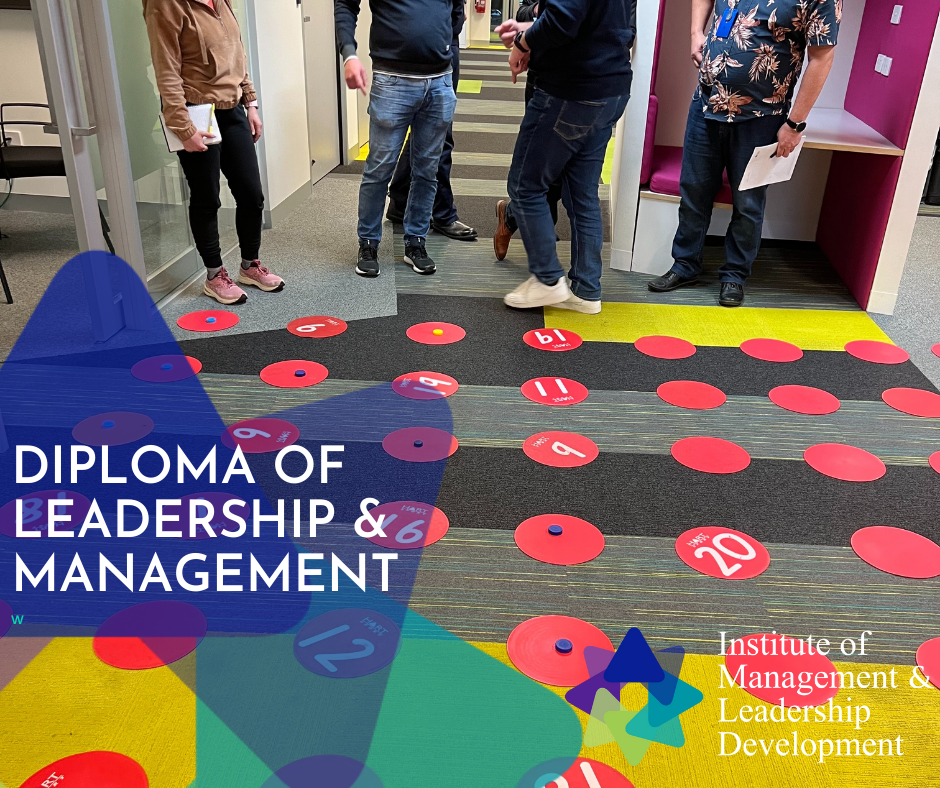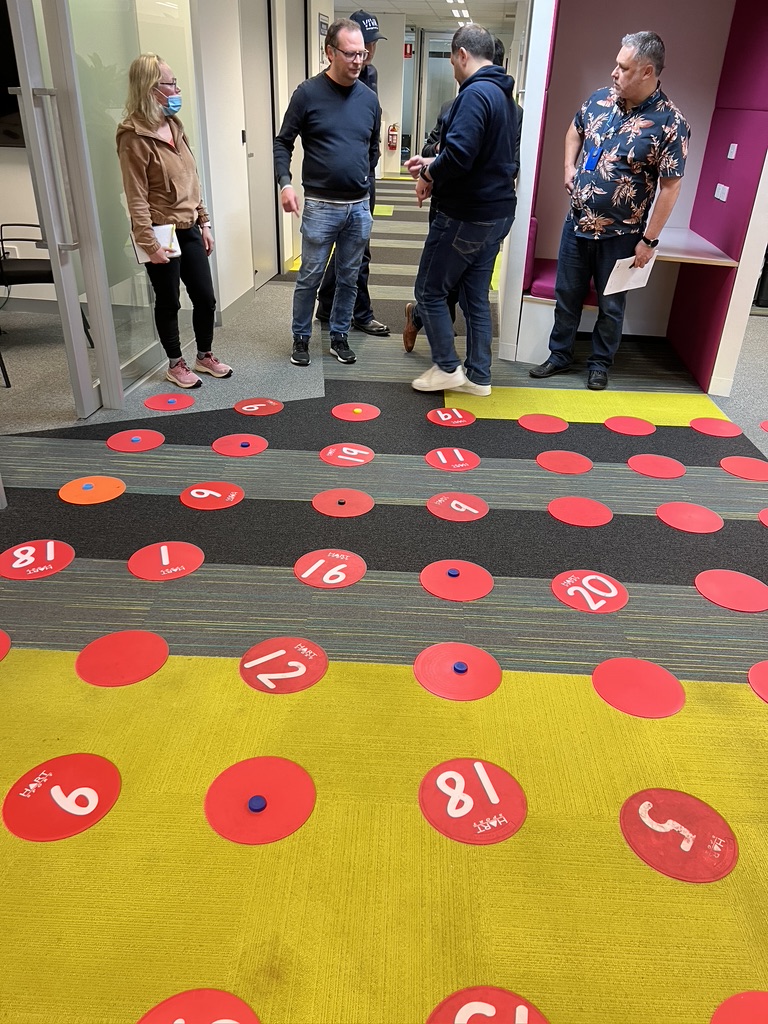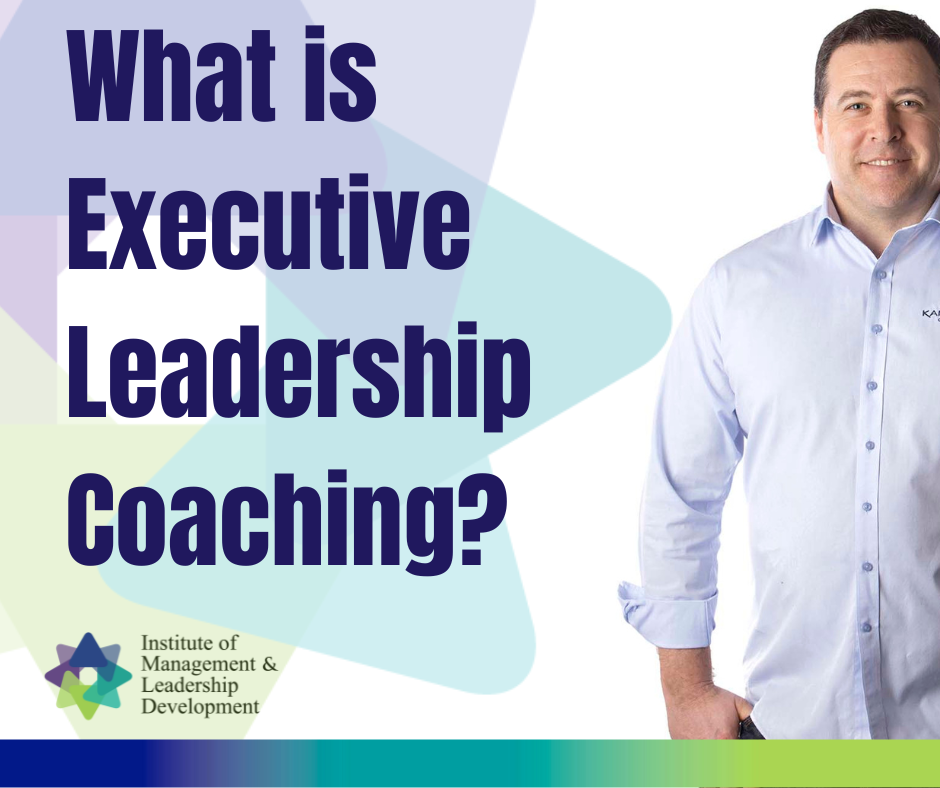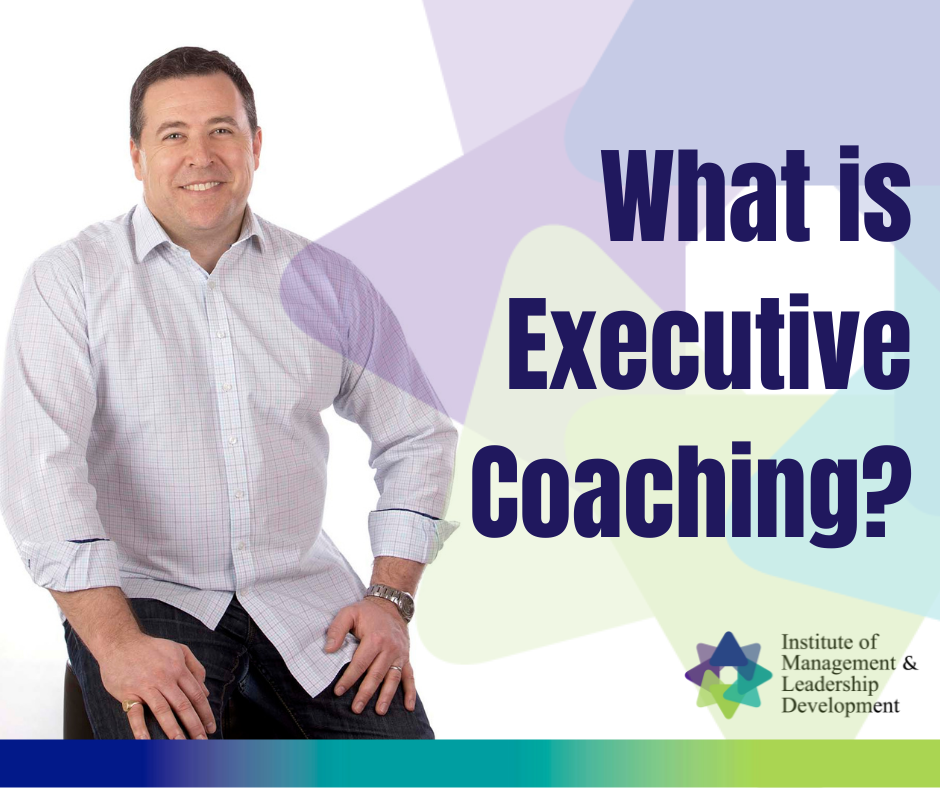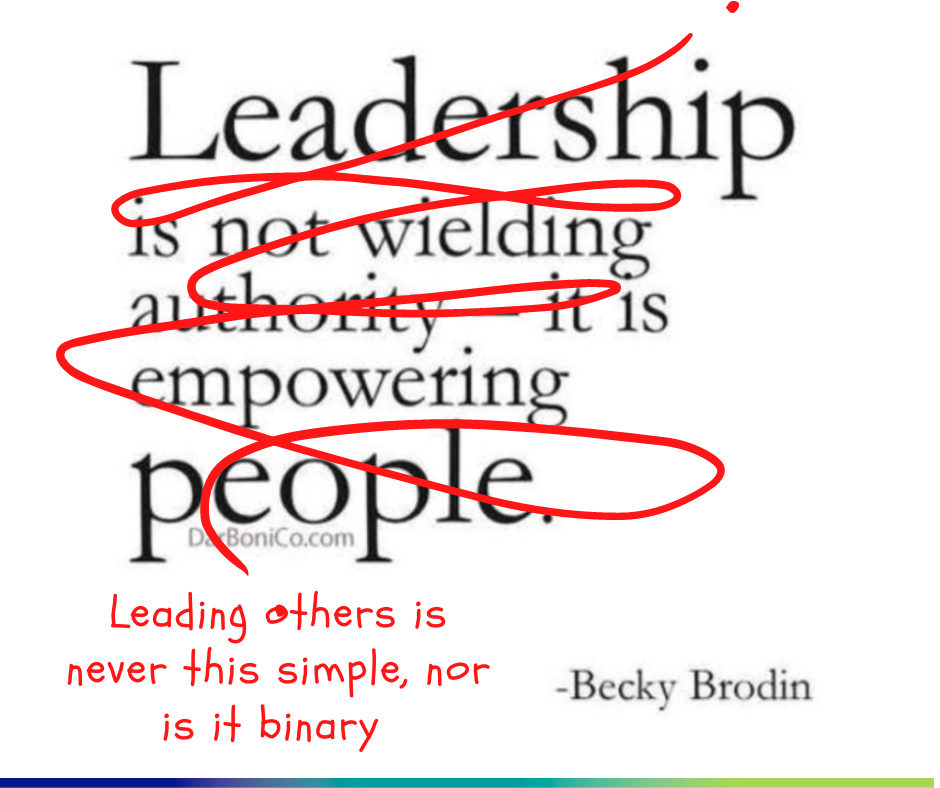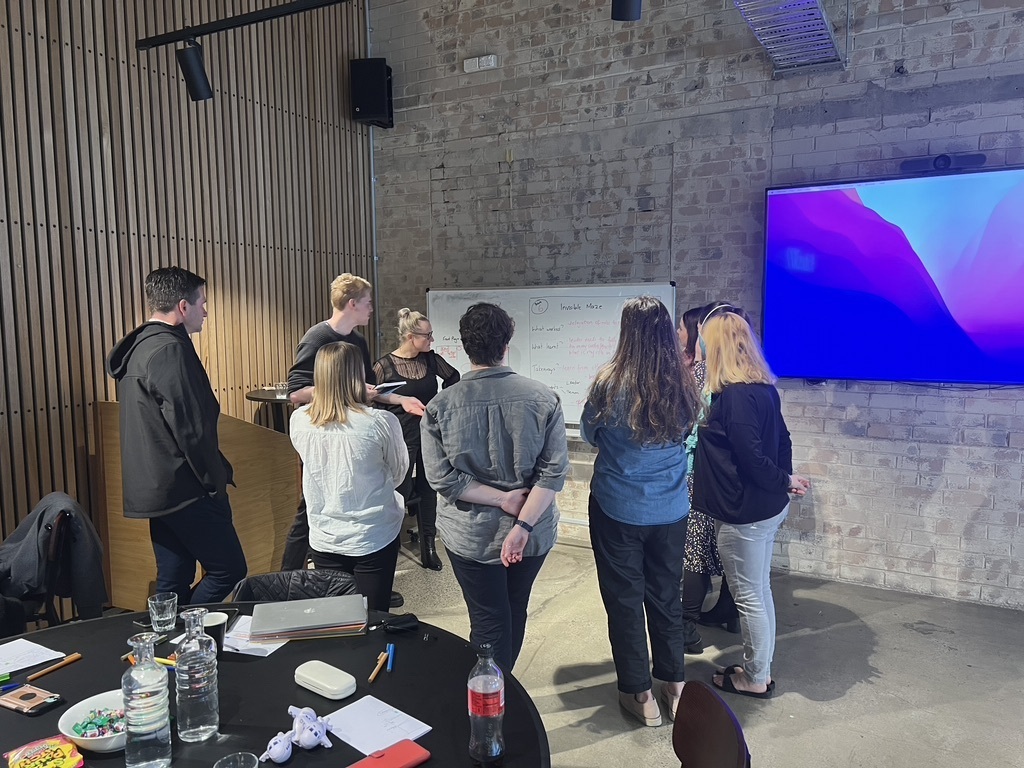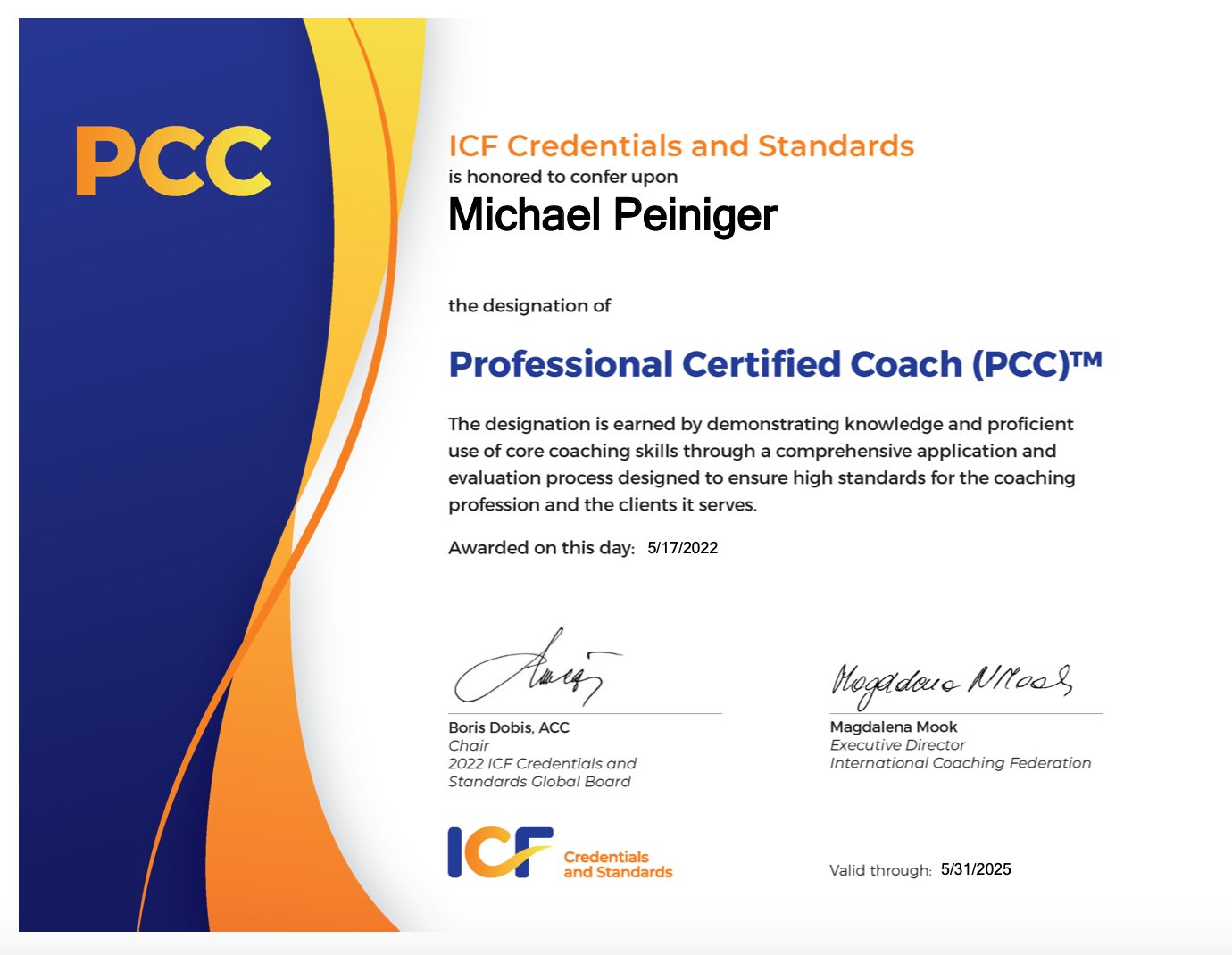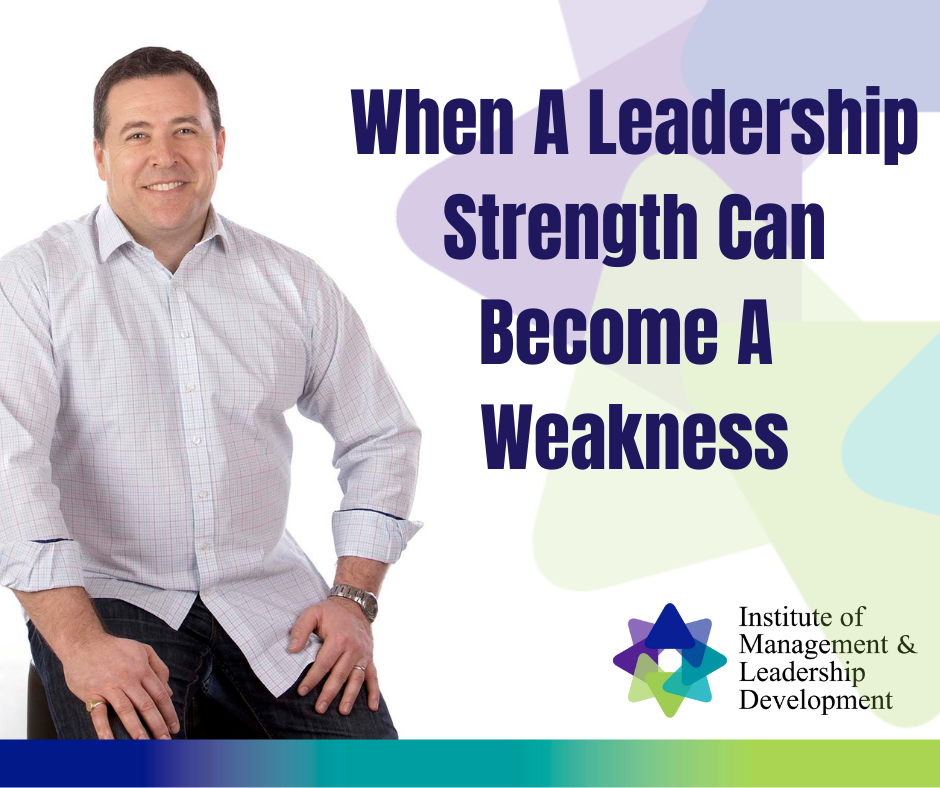Leaders Treat Others How They Would Like To Be Treated. Some old adages don’t serve leaders and teams very well – and ‘treat others how you would like to be treated’ is definitely one of them.
While I am sure the intentions were good – is there a lazier, more biased, self-serving way of existing?
Treating others how you want to be treated assumes that your way of behaving and existing is the only way – the right way – and that other ways aren’t really worth listening to.
In a multicultural nation like Australian where more than 50% have a family member who was born overseas, assuming one way to be treated is a bit naive.
Teaching leaders to think beyond themselves, their perspectives and their opinions is a simple yet crucial aspect to Executive Leadership Coaching, Emerging Leaders Programs as well as Executive Leadership Programs. We can all get caught up in focussing on our way of doing things and assuming that it is the ‘right’ way to do things.
Leaders Listen and Seek To Understand Other Views
How about seeking to listen, seeking to understand, seeking to adapt – and treating people / teams / staff the way that they want to be treated?
You want to have a meeting at 8am on a Monday morning because it sets you up for the day and you want to know what is going on in your business. What does your team want? 8am? Every week?
Needs, wants and expectations.
Weekly or fortnightly one-on-one meeting with your team member gets bumped because ‘something more important came up’? This is one where either adage applies.
When leaders take a moment to see how they can meet everyone’s expectations and not just their own, a whole bunch of things start to change. Trust. Empathy. Compassion. Truth. Responsibility.
‘How would your team like to be treated?’
RELATED ARTICLES ON LEADERSHIP
How Important Are Values To Your Leadership & Business?
What Is Executive Leadership Coaching?
True Leaders Make Everybody Feel Like a Somebody
How Important Are Personal Values To Your Leadership?
#business #team #people #developingleaders #IMLD #executivecoachingmelbourne #executivecoach #executivecoaching #leadershipcoach #leadershipcoaching



